Foreign
Senegal Talks Rule Out Presidential Vote Before Sall’s Term Expires
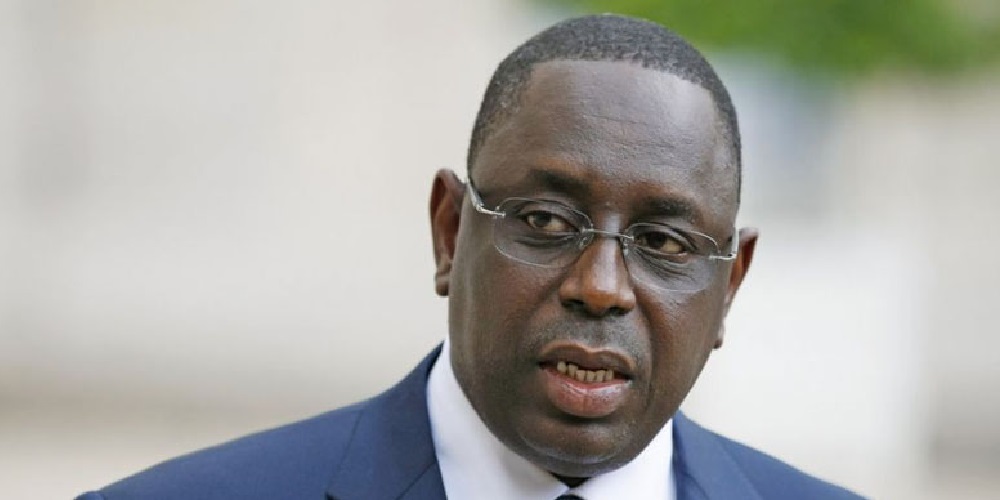
Political crisis talks called by Senegal’s President Macky Sall on Tuesday reached a “broad consensus” that the presidential vote he postponed could not be held before his mandate ends on April 2, multiple participants told AFP.
Sall’s two-day “national dialogue” aimed at setting a date for the delayed election also advocated the head of state remain in office beyond the end of his term and until his successor is installed.
The conclusions go firmly against the view of a widespread political and civic movement, which is demanding the poll be held before April 2.
The traditionally stable West African country is grappling with its worst political crisis in decades after Sall’s last-minute deferral of the February 25 election.
The Constitutional Council overturned the delay and Sall on Monday launched two days of talks to set a new date — boycotted by major political and social actors.
Two committees were formed to discuss the election date and the organisation of the period after April 2.
The first committee came to the almost unanimous conclusion that the vote could not be held before April 2, four participants told AFP.
Two participants, Amar Thioune and Mamadou Lamine Mane, even said there was a “broad consensus” that the presidential election could not be held before June 2.
The second committee came to a “broad consensus” in favour of President Sall remaining in office until a successor is sworn in, six participants told AFP on condition of anonymity.
Some taking part in the talks proposed the vote should take place in July, the same sources told AFP, referring to discussions rather than any written document.
The two committees were due to present their conclusions to the president late Tuesday.
No indication was given as to when Sall would then make a decision.
Last week, he said he would set a date “immediately” if there was a consensus.
– ‘Get it over with’ –
The president has previously cast doubt on the feasibility of staging the vote before the end of his term.
On Monday, he proposed that it could be held by the start of the rainy season in June or July.
Sall had reiterated several times in recent days that his mandate would end as planned at the beginning of April.
But on Monday, he left open the possibility of an extension.
“If there’s a consensus, I’m prepared, in the best interests of the nation, to take it upon myself to stay on even if it’s not my choice,” he said.
“It’s not what I want because I’m in a hurry to get it over with and leave,” he added.
The February 3 decision to postpone the presidential election plunged Senegal into turmoil, with four people killed in clashes.
Sall, in power since 2012, said he called off the vote over disputes about the disqualification of potential candidates and fears of a return to unrest as in 2021 and 2023.
The opposition called it a “constitutional coup”.
The Constitutional Council, the top constitutional body, ruled the delay unlawful and called for the vote to be organised “as soon as possible”.
A possible extension of Sall’s term is likely to raise more constitutional concerns.
The Council said on February 15 that Mr Sall was due to leave office on April 2.
– Boycott –
The movement galvanised against the election delay says the president is playing for time, either to benefit his political allies or to remain in power.
Seventeen of the 19 candidates approved by the Constitutional Council to stand in the presidential poll boycotted Sall’s national dialogue, as did the major civil society collective Aar Sunu Election (Protect Our Election).
The collective had called for shutdowns across the country and a general strike on Tuesday, demanding the poll take place before Sall leaves office.
But the call appeared to go largely unheeded in central districts of the capital Dakar.
“We live from day to day, so we can’t afford to go a day without working, otherwise our families won’t eat,” said shopkeeper Saer Dieng, 37.
AFP
Foreign
Journalists rally against White House’s decision to modify allocation of seats in briefing room

The White House said Monday it is “seriously considering” taking control of deciding which journalists get seats in the famed briefing room, in the latest bid by President Donald Trump’s administration to exert power over the media.
The 49 spots in the press room, where spokespeople, officials and occasionally the president take the podium, have long been allocated by the non-partisan group of independent journalists, the White House Correspondents Association.
White House Press Secretary Karoline Leavitt accused the WHCA of trying to maintain a “monetized monopoly over the briefing room.”
“As for switching up seating in the briefing room, it’s something we are seriously considering,” she told Fox News.
“The briefing room is part of the People’s House, it belongs to the American people. It does not belong to elitist journalists here in Washington DC.”
News outlet Axios reported earlier that the White House wanted to take control of the seating chart to give more prime front-of-room spots to new media, and move some legacy outlets further back.
The WHCA, of which AFP is a member, opposed the “wrong-headed” move.
“The reason the White House wants control of the briefing room is the same reason they took control of the pool: to exert pressure on journalists over coverage they disagree with,” WHCA President Eugene Daniels said in a statement.
The WHCA and the White House both said they had tried to broker a meeting on the issue.
It is the latest effort by the White House to shape who covers Trump after taking control from the WHCA in February of the “pool” that covers the president in the Oval Office and when he travels on Air Force One.
The White House has added access to the pool for new and in several cases openly pro-Trump media, while reducing access to mainstream organisations.
It also continues to bar the Associated Press news agency from almost all presidential events as it refuses to refer to the Gulf of Mexico as the “Gulf of America,” the name newly decreed by Trump.
AFP
Foreign
Ghana: Govt cancels sale of diplomatic properties in Nigeria, Zambia
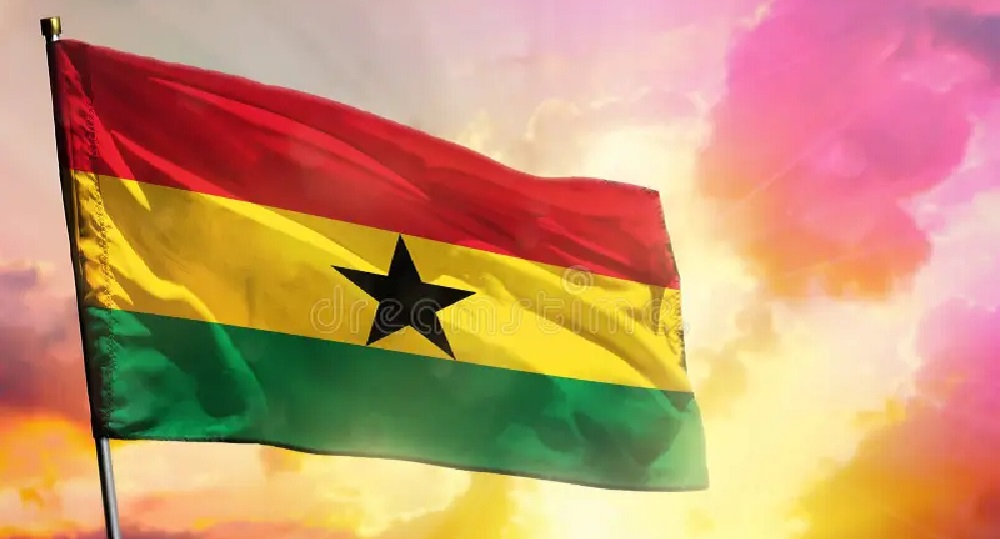
The Ghanaian government has canceled two transactions initiated by the previous administration under the leadership of former president Nana Akufo-Addo to sell Ghanaian diplomatic properties in Nigeria and Zambia.
“Yesterday I informed Parliament that with the full backing of President Mahama, we have cancelled two transactions initiated by the previous Akufo-Addo/Bawumia government to sell Ghanaian diplomatic properties in Nigeria and Zambia.” Minister of Foreign Affairs, Hon. Samuel Okudzeto Ablakwa announced on his X.
According to the Member of Parliament for North Tongu, the current administration is determined to retrieve an illegal part payment in one of the transactions.
Adding that those who are involved in these illegal transactions will be sanctioned.
“Determined efforts are underway to retrieve an illegal part payment in one of the transactions. The masterminds, who are currently on the run will surely be found and sanctioned.” He added.
He said the NDC government is committed to their promise that no diplomatic property belonging to the people of Ghana would be sold under President John Dramani Mahama administration.
Hon. Ablakwa warned that none of our diplomatic properties either in Ghana or any of our 71 diplomatic missions abroad are available for sale.
“We mean it when we say no diplomatic property belonging to the people of Ghana would be sold under our watch. Notice is hereby served that none of our diplomatic properties either in Ghana or any of our 71 diplomatic missions abroad are available for sale — hands off!” He stated.
According to him, they will use the principles of Operation Recover All Loots (ORAL) to protect properties belonging to the state as well as the public purse.
“The principles of ORAL, strict abhorrence for State Capture and the national interest shall continue to guide our decisions. For God and Country.” Ablakwa assured.
Source: Elvisanokyenews.net
Foreign
Namibia to enforce visa requirement on U.S citizens
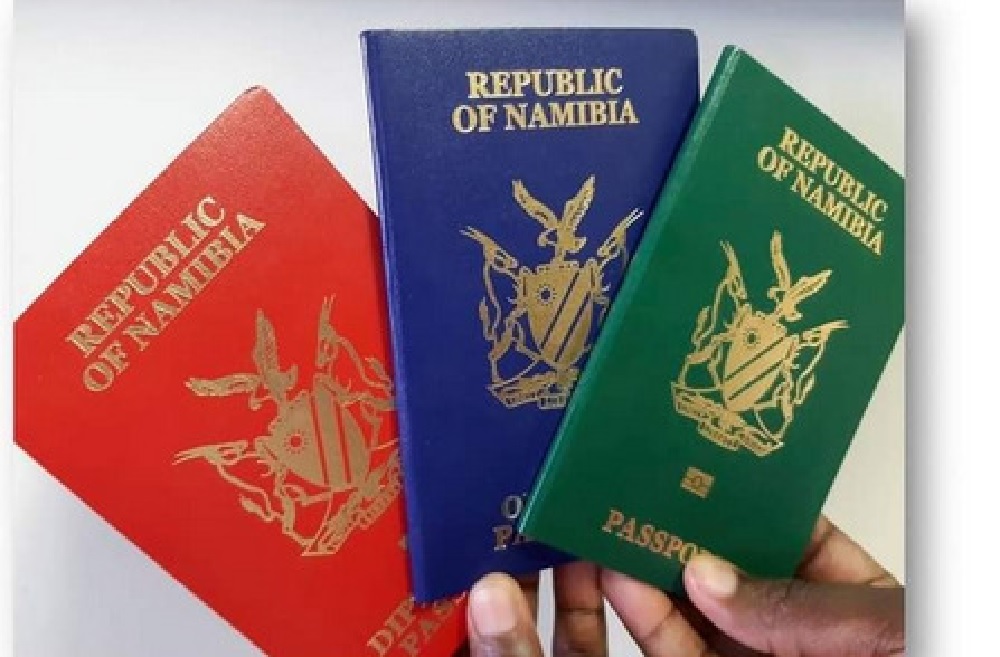
Namibia has imposed visa requirements on U.S. citizen tourists starting from April 1, 2025.
According to the Namibian Government, U.S. citizen tourists who wish to visit the Southern African country should obtain a visa before entering the country.
The U.S Embassy in Namibia posted that US visitors are required to apply for a visa through Namibia’s online visa on arrival portal: https://eservices.mhaiss.gov.na/visaonarrival.
“Beginning April 1, 2025, the Namibian Government will require U.S. citizen tourists to obtain a visa prior to entering the country. Visitors are recommended to apply for their visa in advance of planned travel through Namibia’s online visa on arrival portal: https://eservices.mhaiss.gov.na/visaonarrival. Visitors using this online visa application system must carry a hard copy of their approval notice when they travel.” The Embassy posted.
The Namibian Government added that visitors arriving in Windhoek, Walvis Bay, Katima Mulilo, Ngoma will also have the option of purchasing a tourist visa upon arrival at the respective airport or border crossing point.
“Visitors arriving in Windhoek, Walvis Bay, or entering at high volume border crossing points (e.g., Katima Mulilo, Ngoma) will also have the option of purchasing a tourist visa upon arrival at the respective airport or border crossing point. Namibia’s visa on arrival system is new and implementation details are subject to change.” They added.
The decision by the Namibian government to impose visa requirements on US citizens has met mixed reactions on social media.
While others are commending the government, others have also raised concerns about the negative impact on the Namibia economy as tourism contributes higher income to the government.
Some political actors believe Namibian female President, H.E. Dr. Netumbo Nandi-Ndaitwah took the decision to reciprocate the US government visa restrictions and some Western countries who have denied visa free entry to Namibians.
Source: Elvisanokyenews.net
-
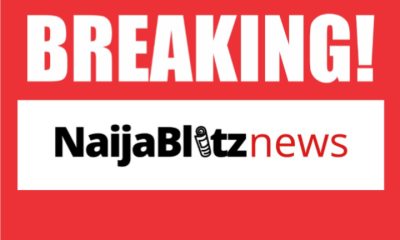
 News8 hours ago
News8 hours agoBREAKING! Finally, Senate lifts suspension on Natasha
-
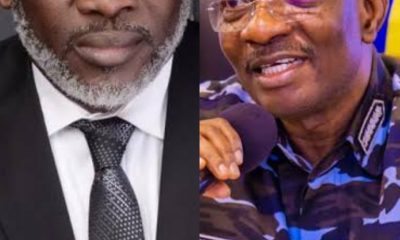
 News22 hours ago
News22 hours agoFormer HoR member, TeeJay Yusuf calls on IGP, Kogi govt, other agencies to curb rising insecurity in Okun-Yoruba
-

 News20 hours ago
News20 hours agoSad! Popular actor, Richard Chamberlain is dead
-
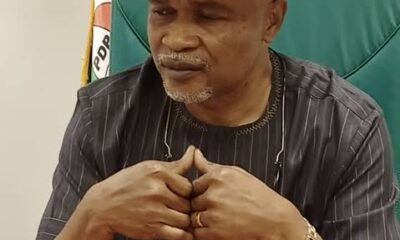
 News17 hours ago
News17 hours agoReps Minority Caucus Condemns Killings in Edo State
-
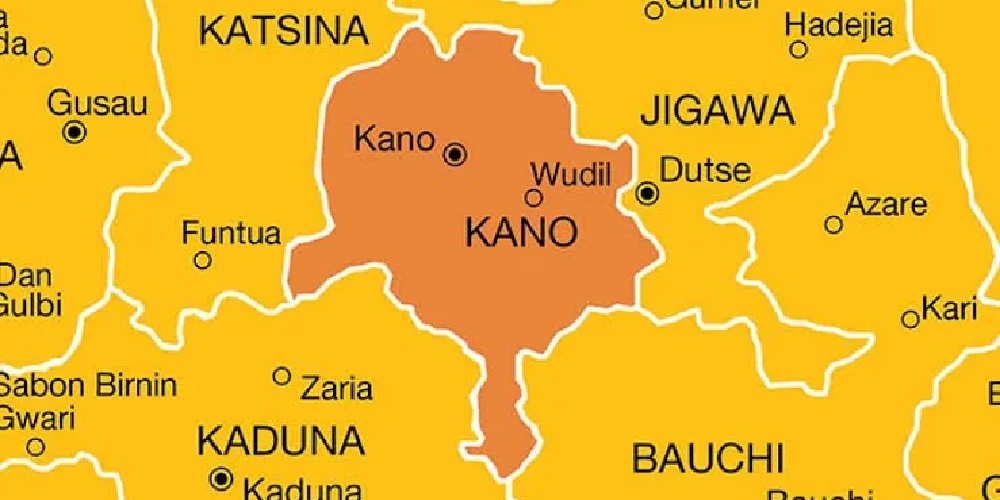
 News24 hours ago
News24 hours agoEdo Killings: Kano Govt Sends Fact-Finding Delegation, Demands Justice
-
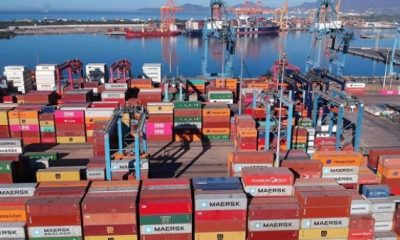
 News20 hours ago
News20 hours agoMali, Niger, Burkina Faso Impose 0.5% Levy On Goods From ECOWAS Nations
-
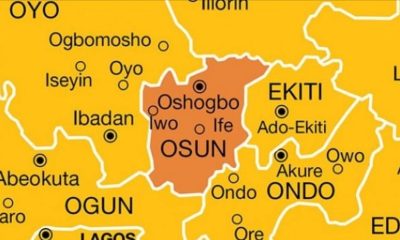
 News24 hours ago
News24 hours agoJust in: Popular Osun Monarch Joins Ancestors
-
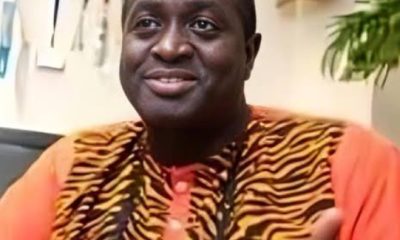
 News24 hours ago
News24 hours agoMeet Dr. Abdul Karim Bangura: Africa’s Most Educated Man






